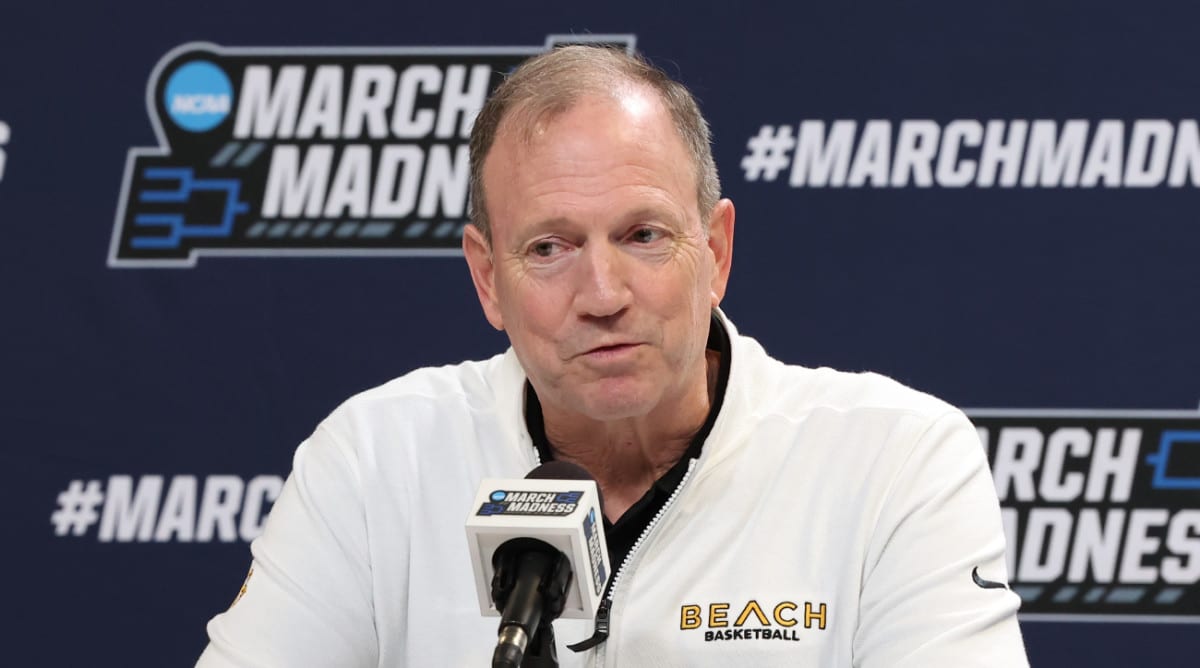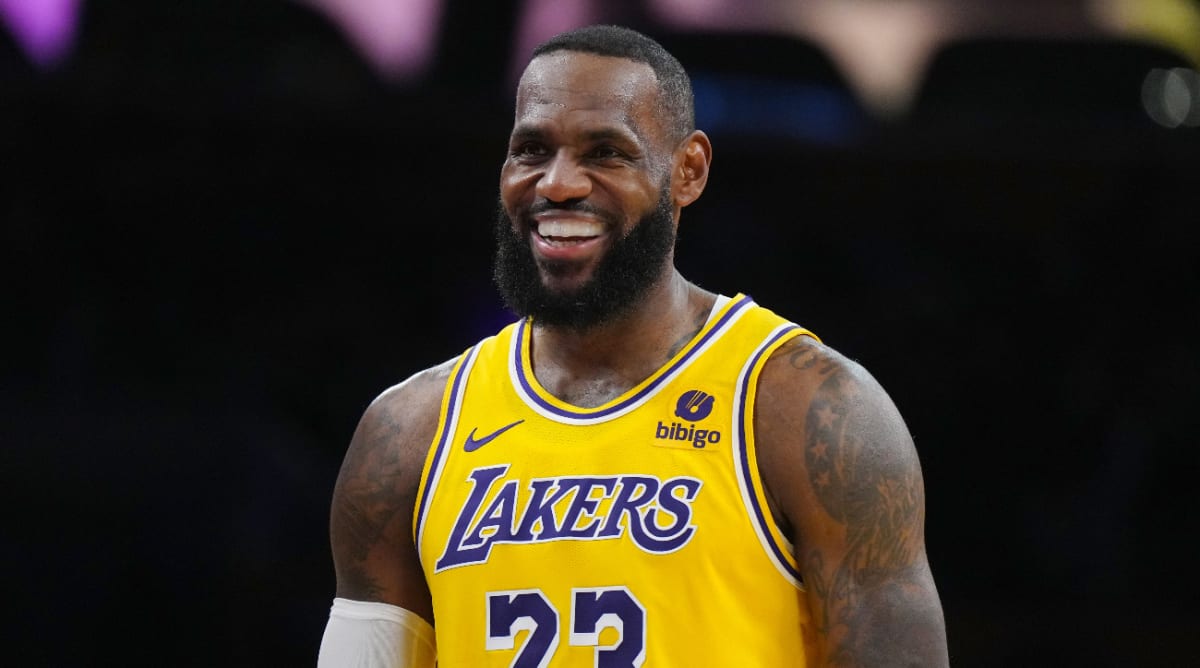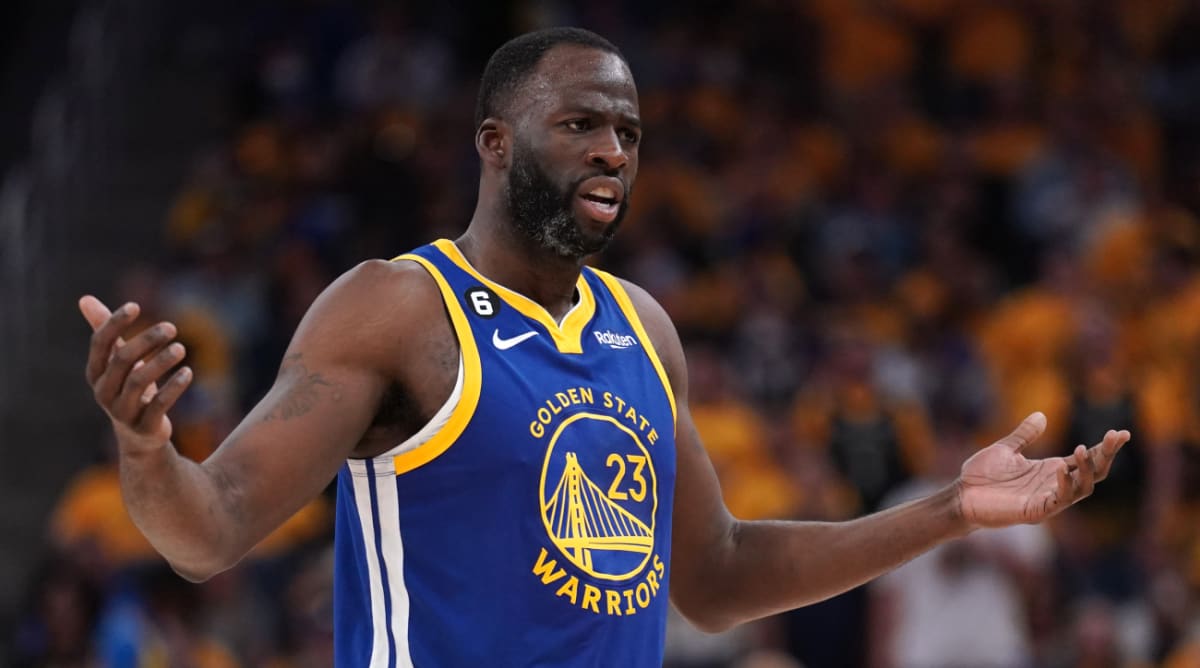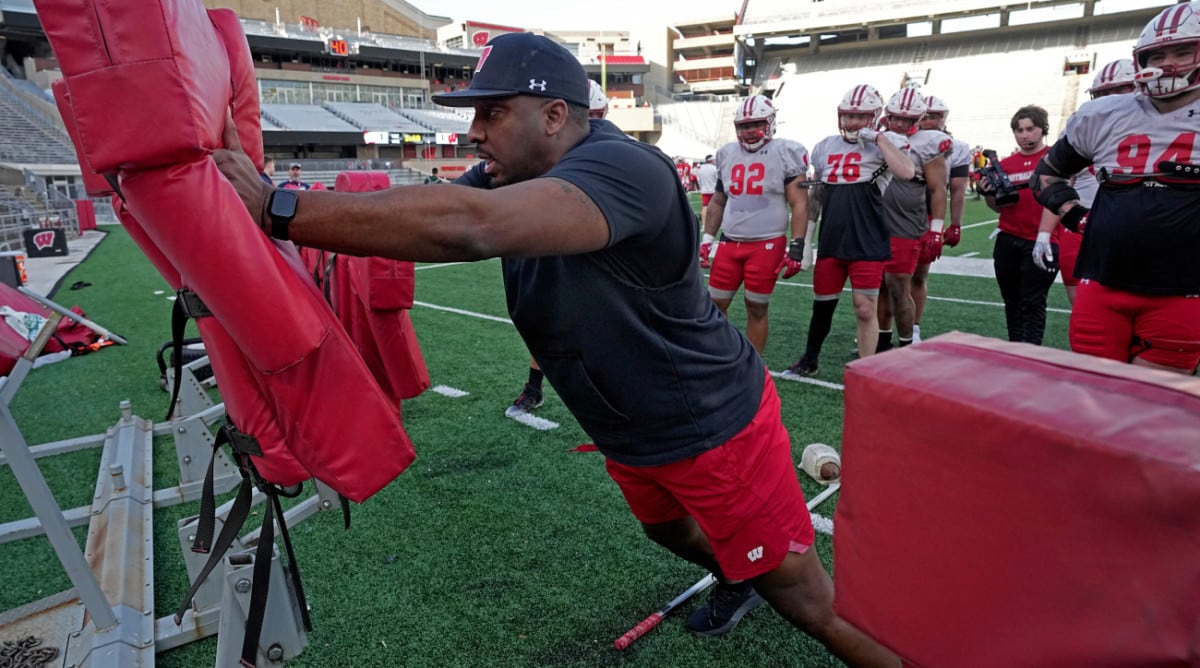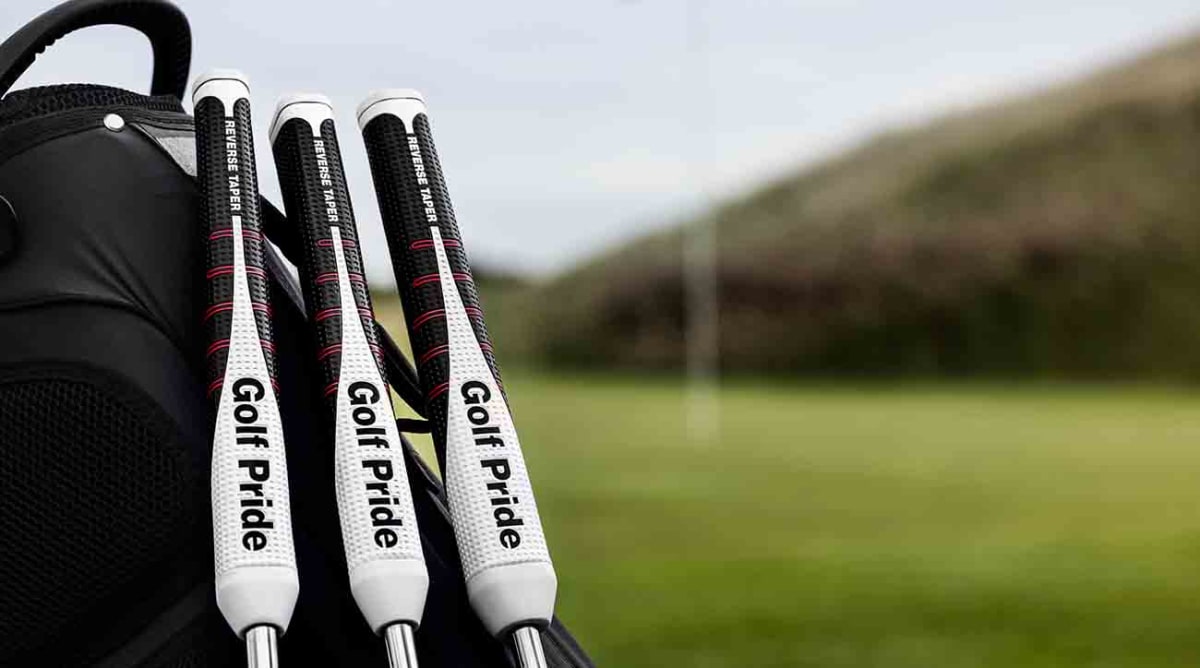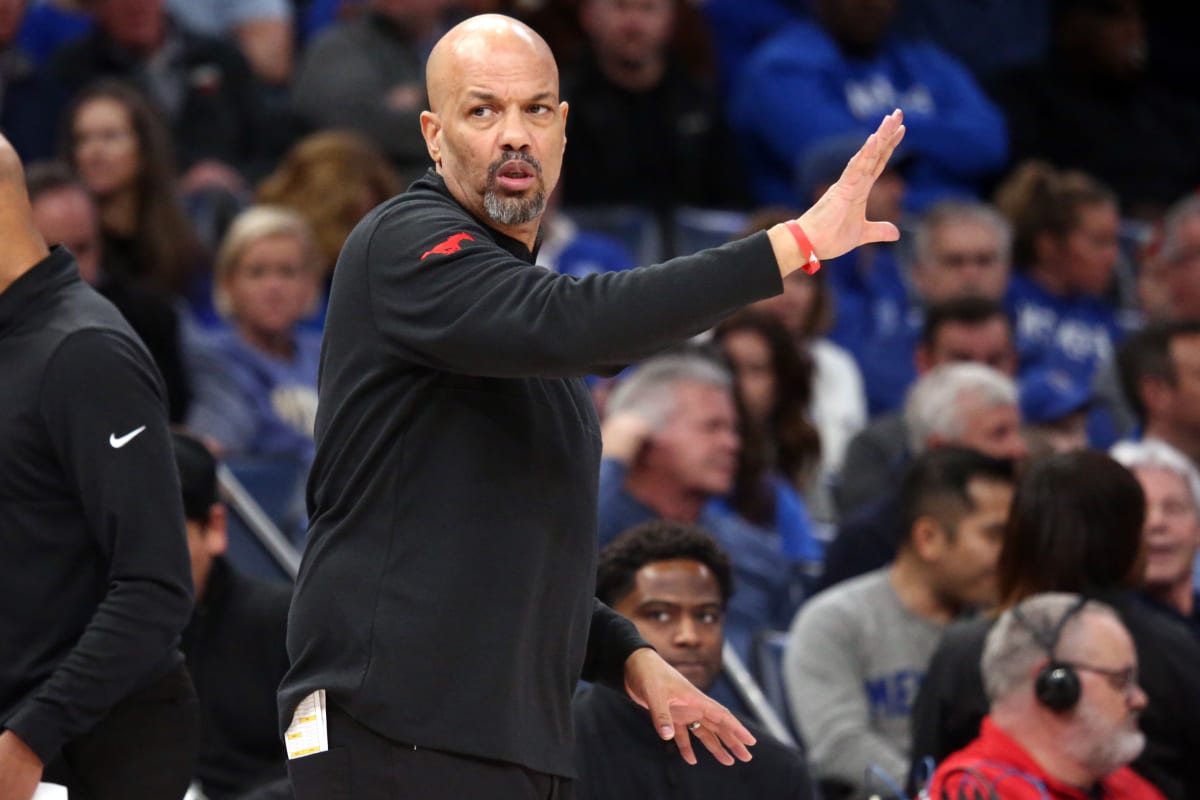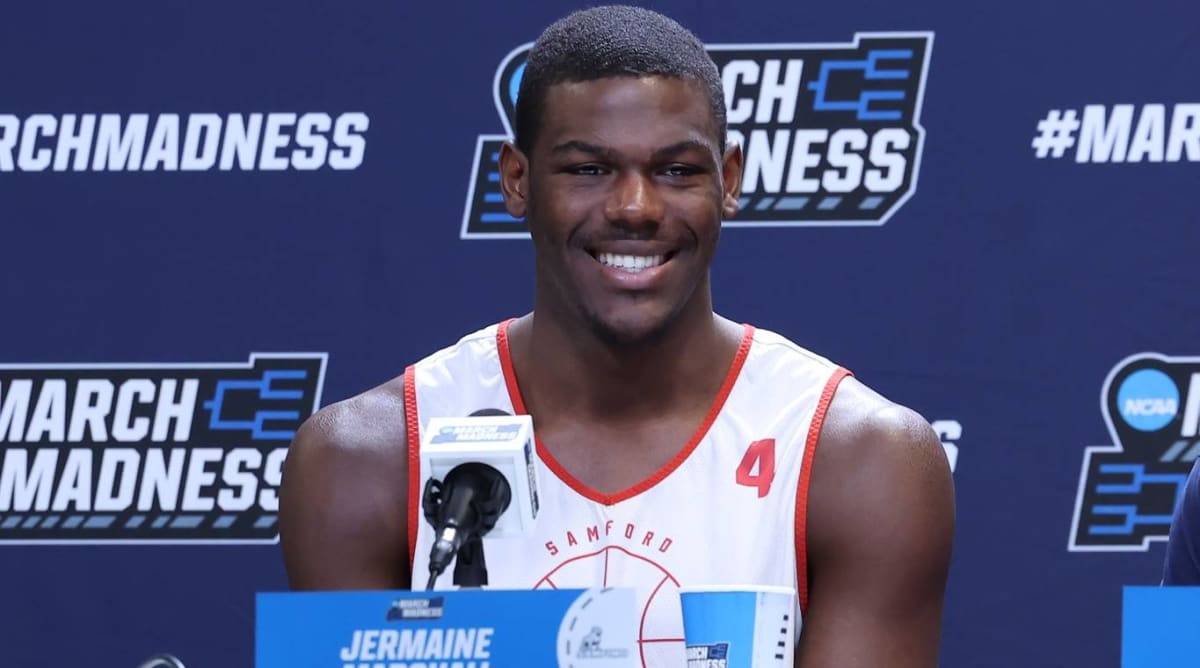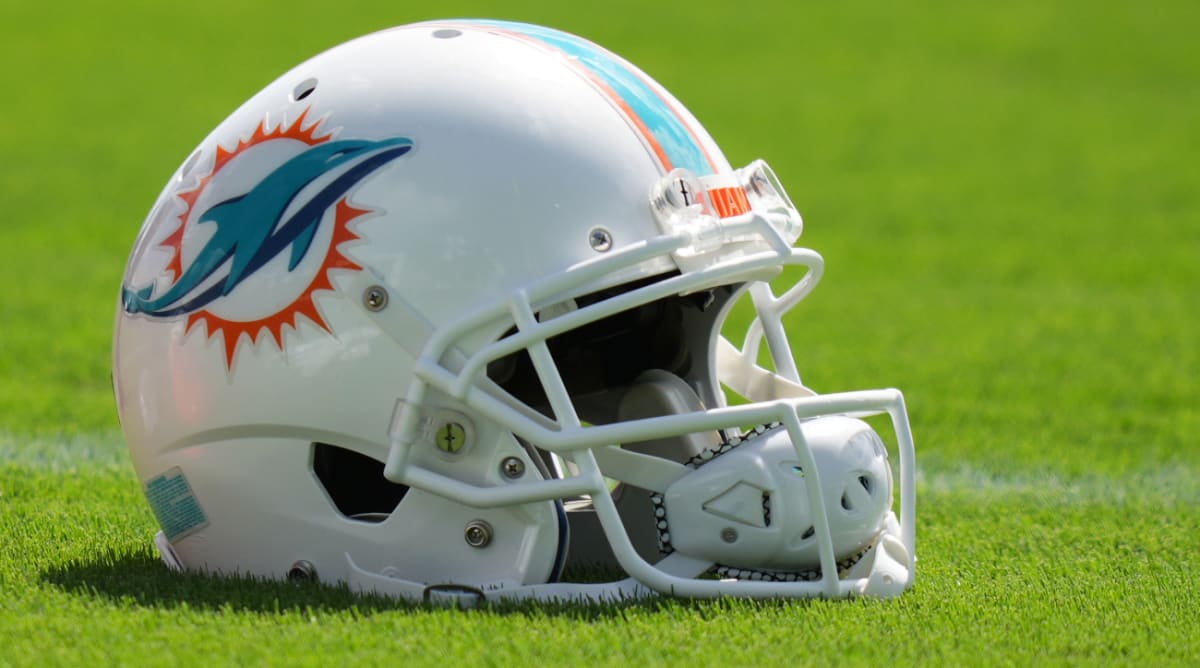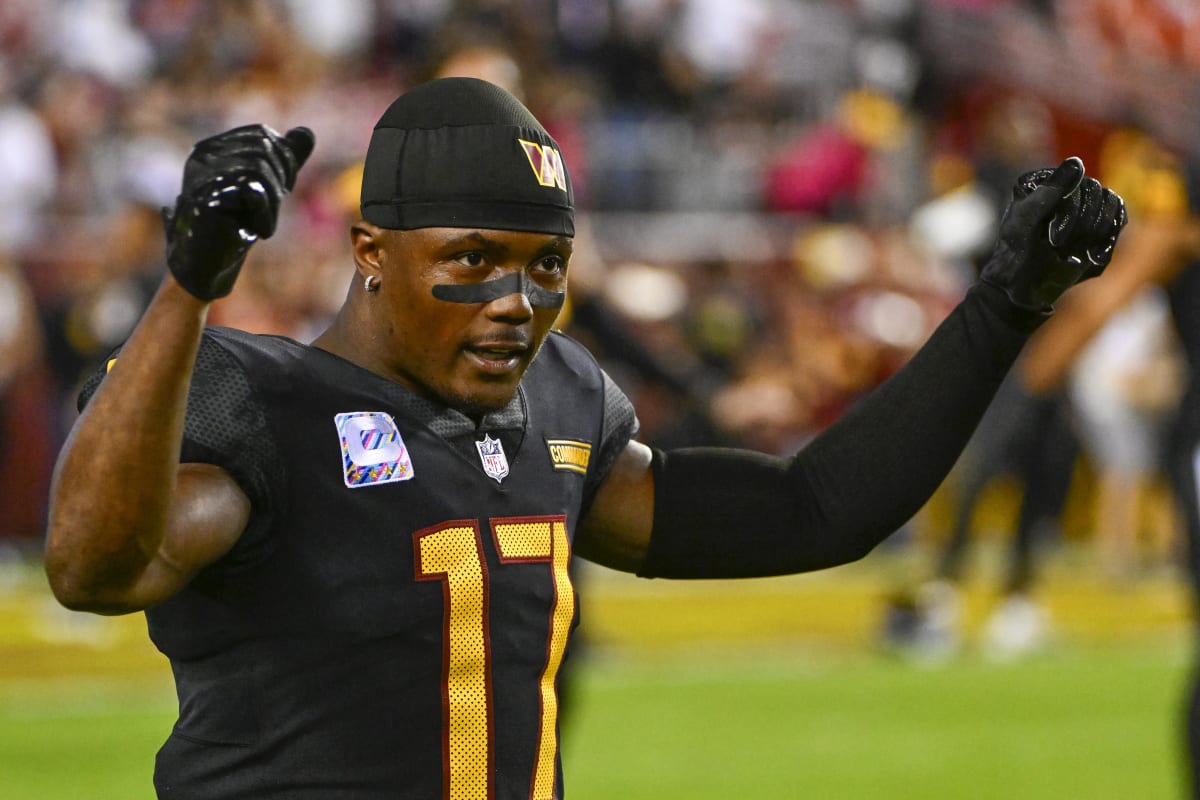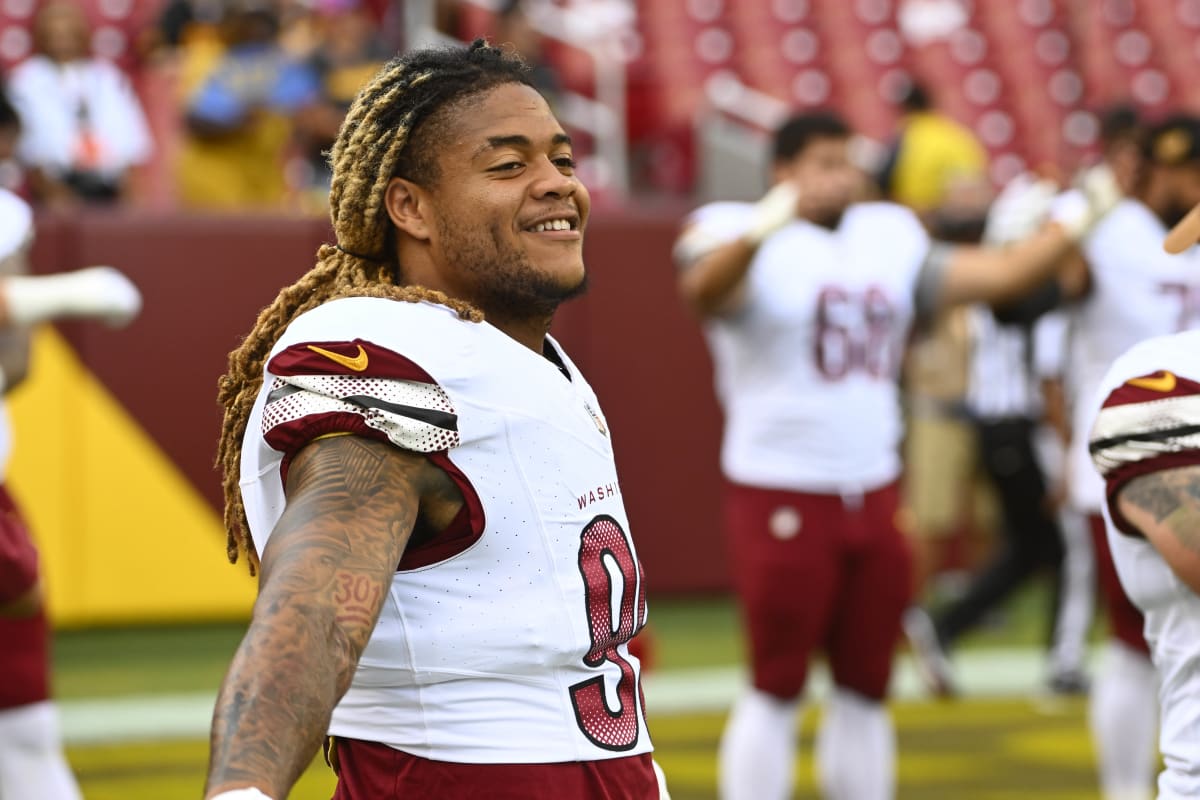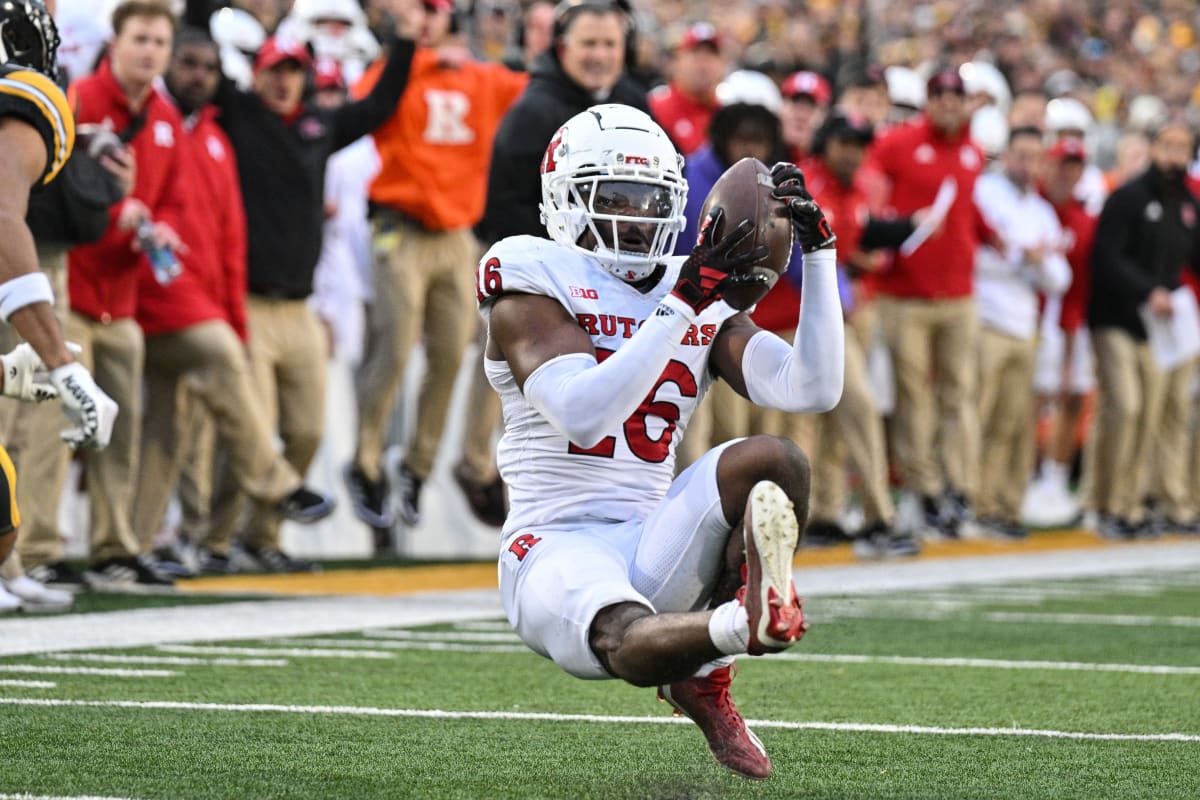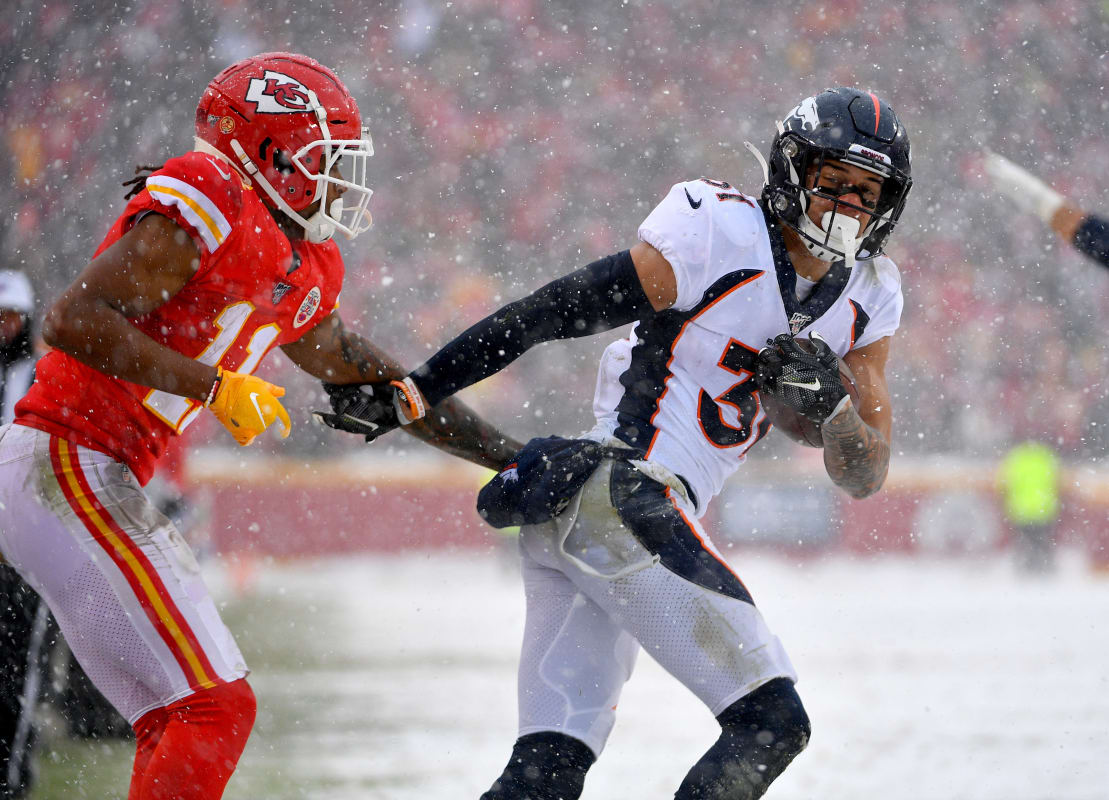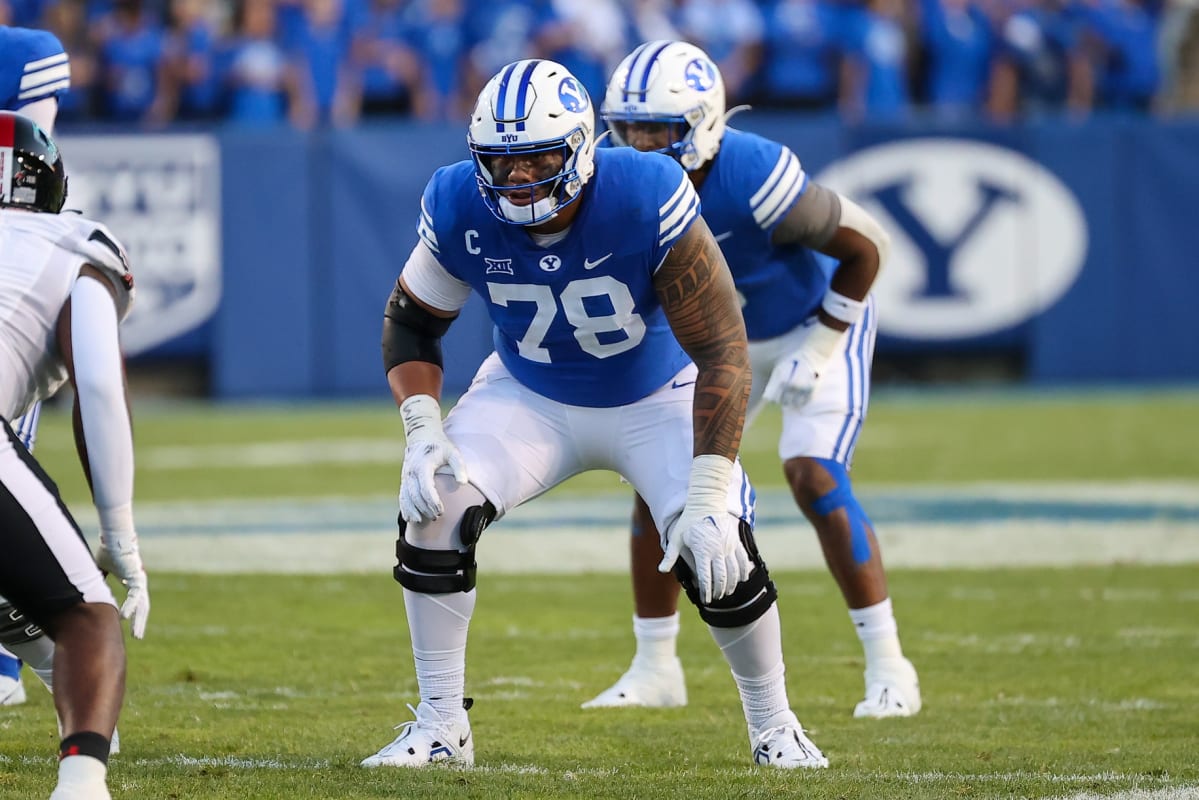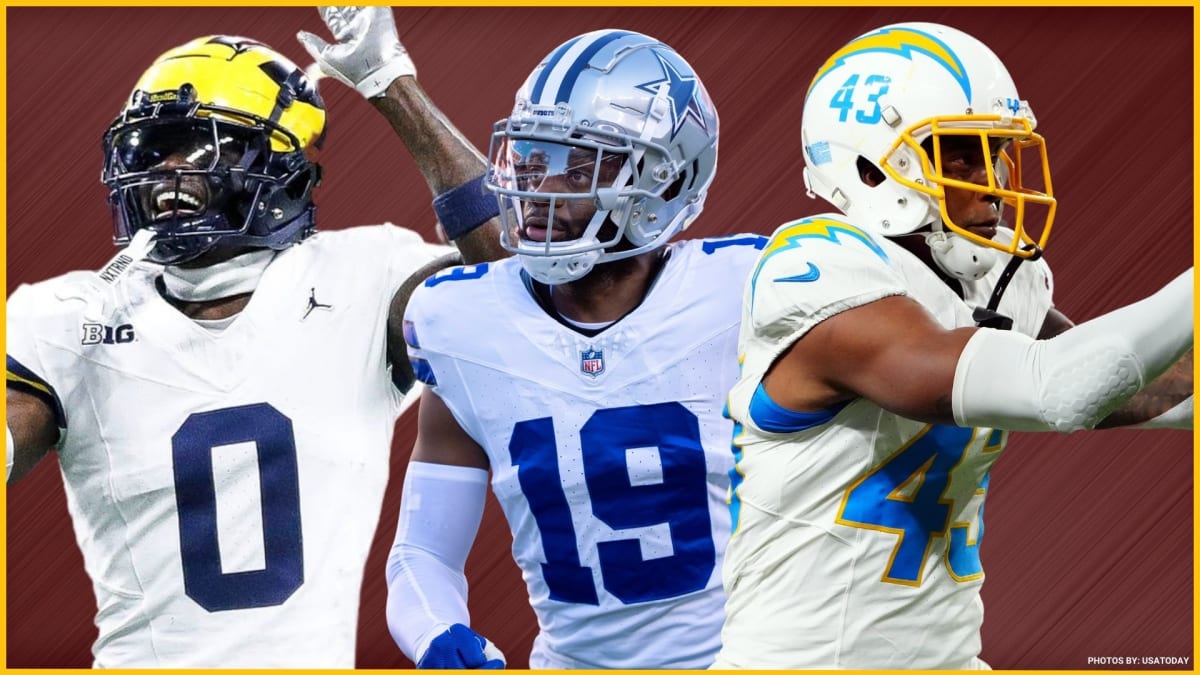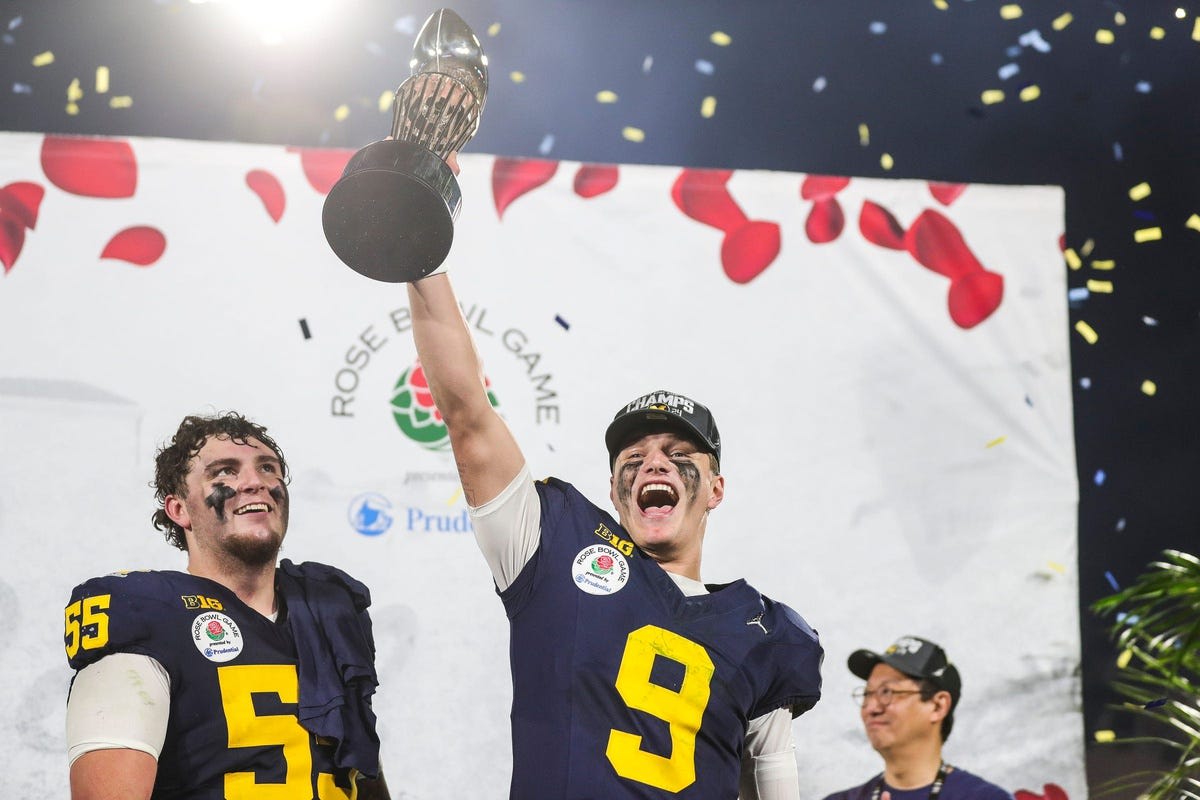PORTSMOUTH, Va. (WAVY) — They were budding superstars and now they are legends, basketball greats such as Julius Erving — you might recall him as Dr. J — George “the Iceman” Gervin and Charlie Scott, back to relive the greatness of the Virginia Squires era through a dinner in their honor and a documentary screening.
That is happening as part of the upcoming Portsmouth Invitational Tournament, and while that doesn’t start until next week, it started tonight by paying homage to them and the Squires, who were part of the American Basketball Association in the 1970s and helped shaped basketball as we know it today. Around Hampton Roads, they played in Norfolk and at the Hampton Coliseum.
They were a who’s who of basketball legends, and they came through Tidewater and played for the Squires in the early 1970s. All of them are in the Naismith Basketball Hall of Fame.
Old Dominion fans will remember Dave Twardzik, who played for the Monarchs from 1969 until 1972, and then went straight to the Squires before winning an NBA title with the Portland Trailblazers in 1977.
At the Renaissance in downtown Portsmouth, a celebratory dinner is taking place to honor those Squires teams, along with a screening of a new documentary film about the team — “Dream Maker.”
Former players talked about the impact they and the ABA had on basketball.

“I wish they’d really just give us the respect that we deserve,” Gervin said. “The NBA’s really playing ABA basketball right now, whether or not they want to accept it. They take great advantage of that 3-point line that we brought into the NBA. It became a significant part of the entertainment of the NBA today. And where did it come from? The ABA.”
He said that last part with a knowing smile.
The Squires moved to Virginia in 1970 after spending a year in Washington, D.C. as the Washington Capitals and two years in Oakland as the Oakland Oaks before coming to Norfolk, according to the website, Remember the ABA. Like other ABA franchises, they played as a regional franchise and had games in several Virginia cities, including Norfolk, Hampton, Richmond and Roanoke.
The 1970-1971 version of the Squires were described by Remember the ABA as a “powerful, fast-breaking squad,” and went 55-29 in finishing in first place in the Eastern Division, giving them the third-best record in the league. Scott was described as a “super-rookie” on the squad, averaging 27.1 points-per-game in that season. They beat the New York Nets in the division semifinals before losing to Kentucky in the division finals.
Erving came to the Squires the following season, and averaged 33.3 points and 20.4 rebounds-per-game, helping them reach the ABA playoffs again with a 45-39 record, good for second place in the Eastern Division. Once again, they advanced out of the division semifinal round before falling in seven games to the New York Nets, led by legend Rick Barry. The seventh game was played at Scope Arena.
In an interview with WAVY Sports Director Craig Loper, Erving said it’s always good to come back to the Hampton Roads area. He talked about his start with the Squires, having finished his college playing days and playing in the 1968 Mexico City Olympics.
“I became a professional before becoming an Olympian, so it eliminated that opportunity,” Erving said. “Being a pro was really exciting, and it was fun,” Erving said. “It was enlightening, and it was challenging. It was the greatest challenge that I had up until that point in my life.”
Gervin joined the Squires for the 1972-1973 season, and he and Dr. J played together for just a season as they finished the regular season at 42-42 for third place in the Eastern Division. Erving was later sold to the Nets and Gervin sold to the San Antonio Spurs.
Erving said he flew into Norfolk from Atlanta with Scott and he has spent much time reminiscing with other teammates from the Squires era. He said they all tried to help one another as they were growing as professionals.
“Over the years, I’ve been able to stay in touch with both guys,” Erving said, referring to Scott and Gervin. “I was Charlie’s rooking and George was my rookie. I don’t know who George’s rookie was, but it [was] somebody out there. Basketball is like that. You just try to pass on to the next generation the benefits of your knowledge and understanding, and try to make them reach their potential. So George and I talked about that a lot.”
And they were key in Erving’s growth as a professional basketball player.
“He said I was very instrumental in him reaching his potential, and Charlie was instrumental with me, as well as Ray Scott, who was here when I came, as well as Doug Moe, and on a higher level, the ownership group,” Erving said.
The Squires fell off after that, finishing 28-56 in 1973-1974, but they still made the playoffs. The following season, they finished 15-69, good for fifth in the Eastern Division, and in the Squires’ last season (1975-1976), they finished 15-68, good for last place, according to the Remember the ABA website.
The Squires would not be part of the ABA-NBA merger. The ABA existed from 1967 until 1976, battling with the NBA for players, fans and attention.
Erving recalled the team’s owners, Earl and Phyllis Foreman, fondly.
“We felt as though Earl Foreman and Phyllis Foreman were like mom and dad away from home, the way they looked after the guys. I even stayed in their apartment when I came back for my second year after I had a little sabbatical down in Atlanta for a training camp. And I came back, I actually stayed in their apartment, and they took care of me like they would take care of one of their sons.”





















































